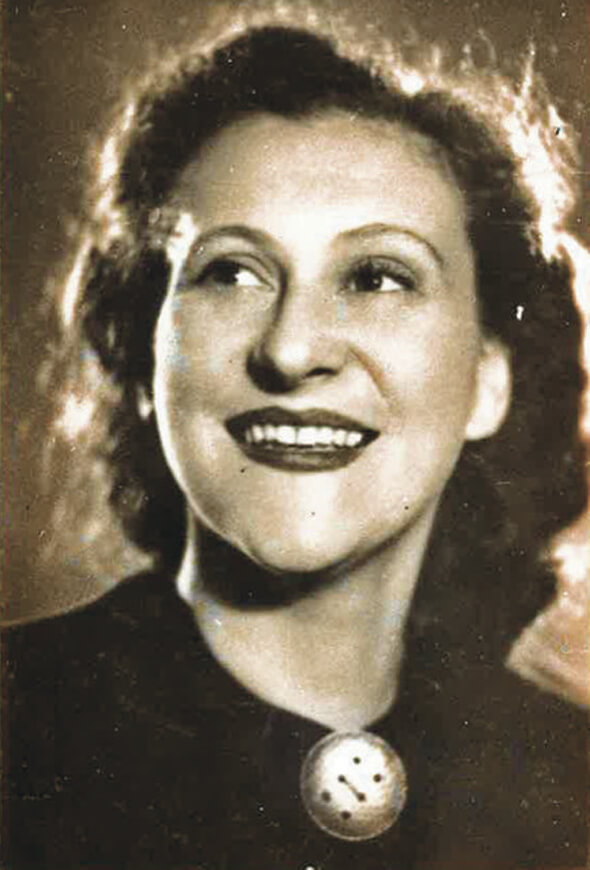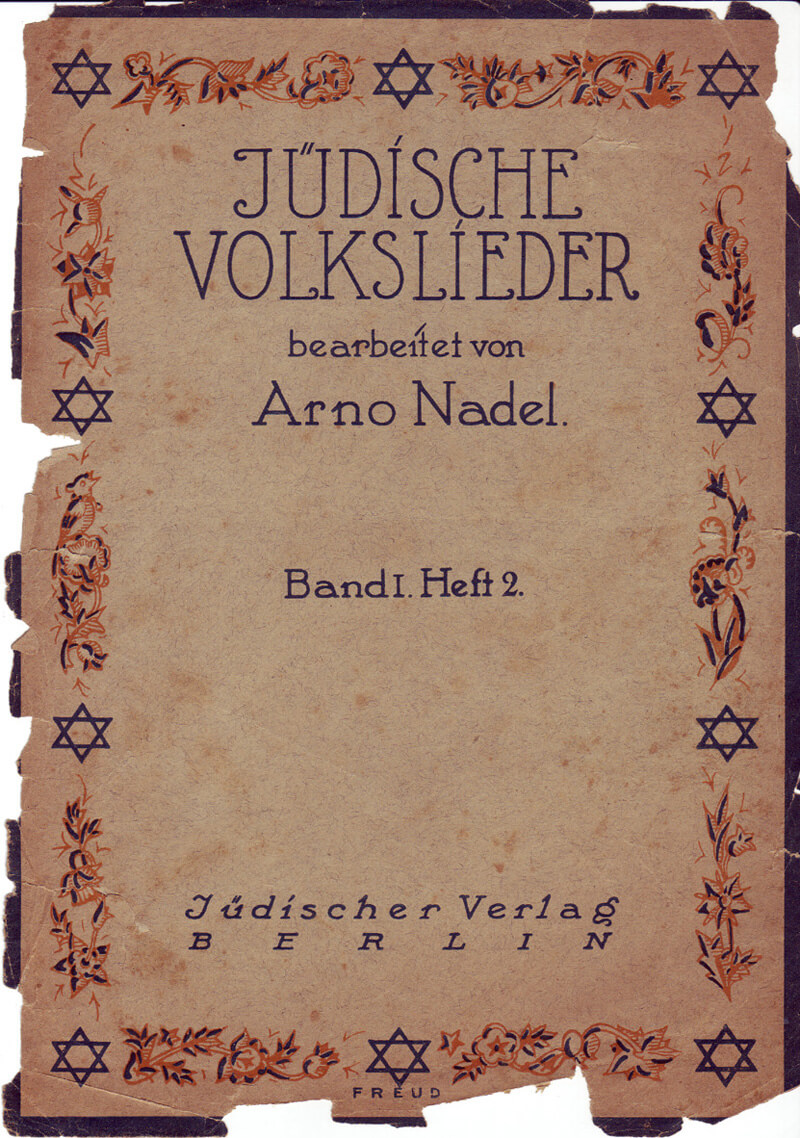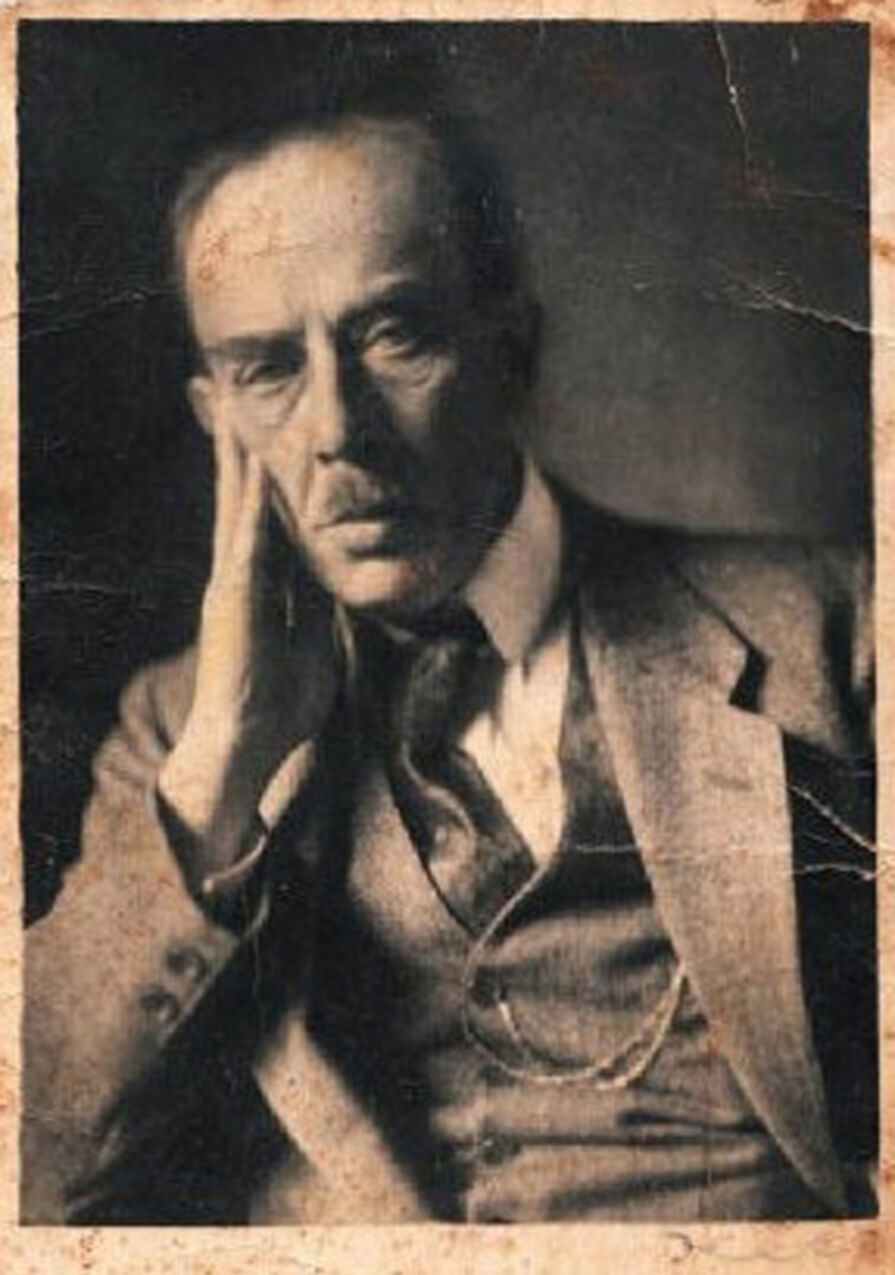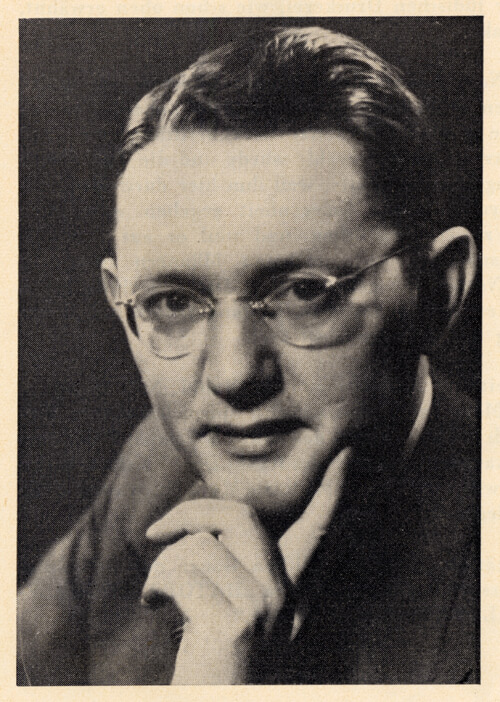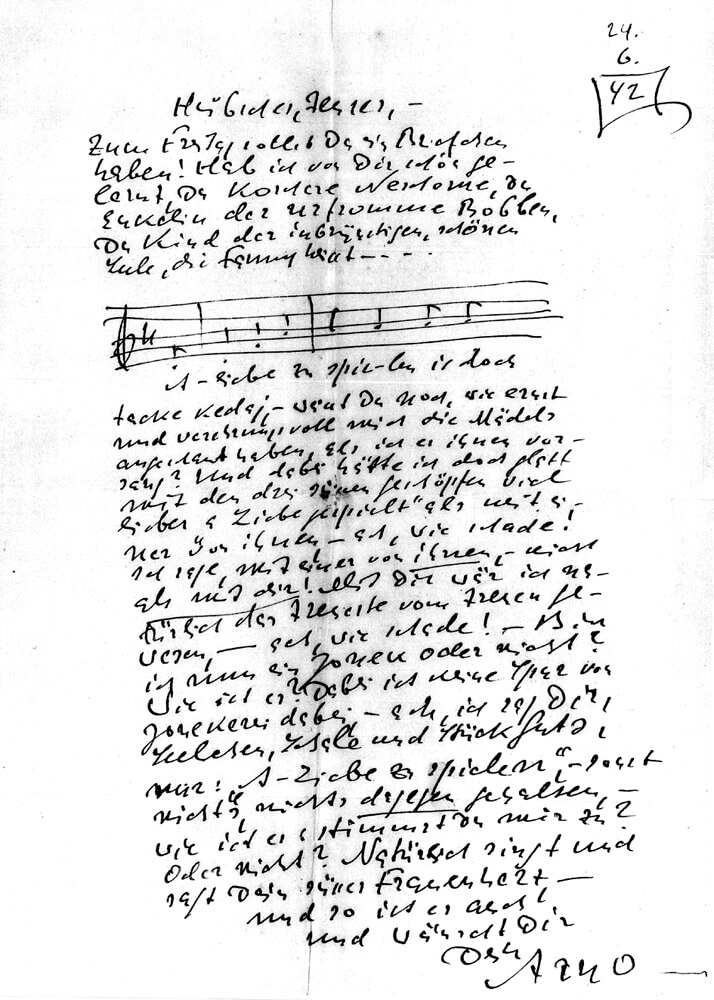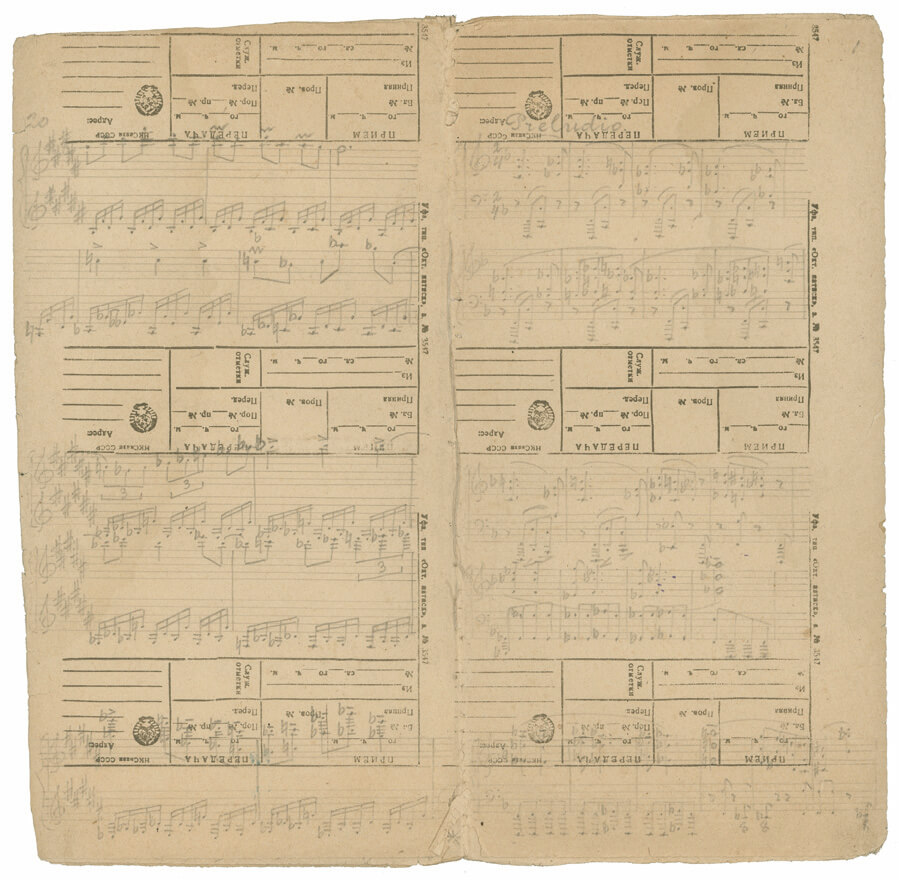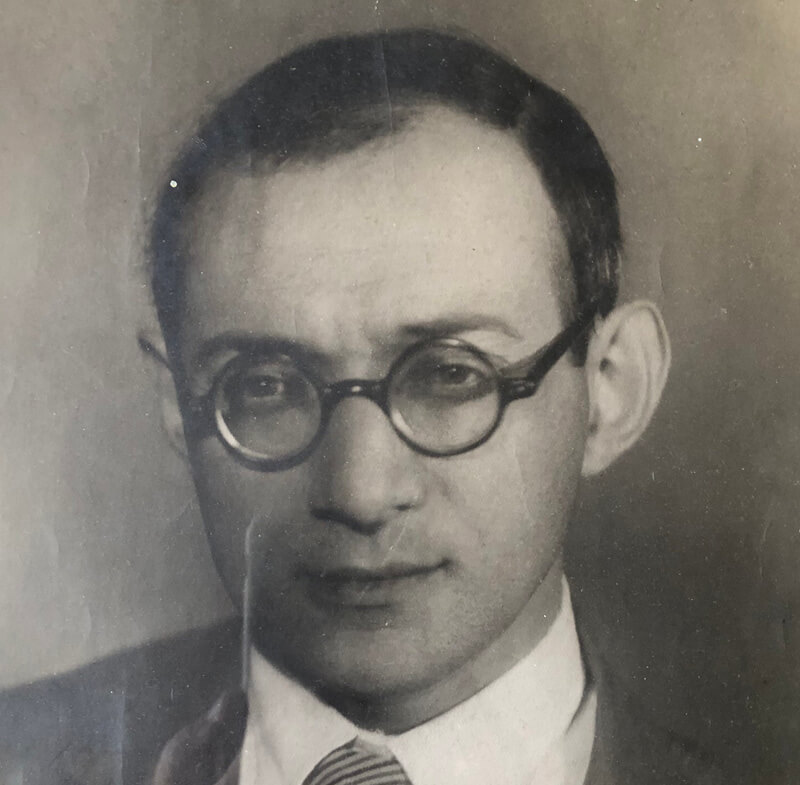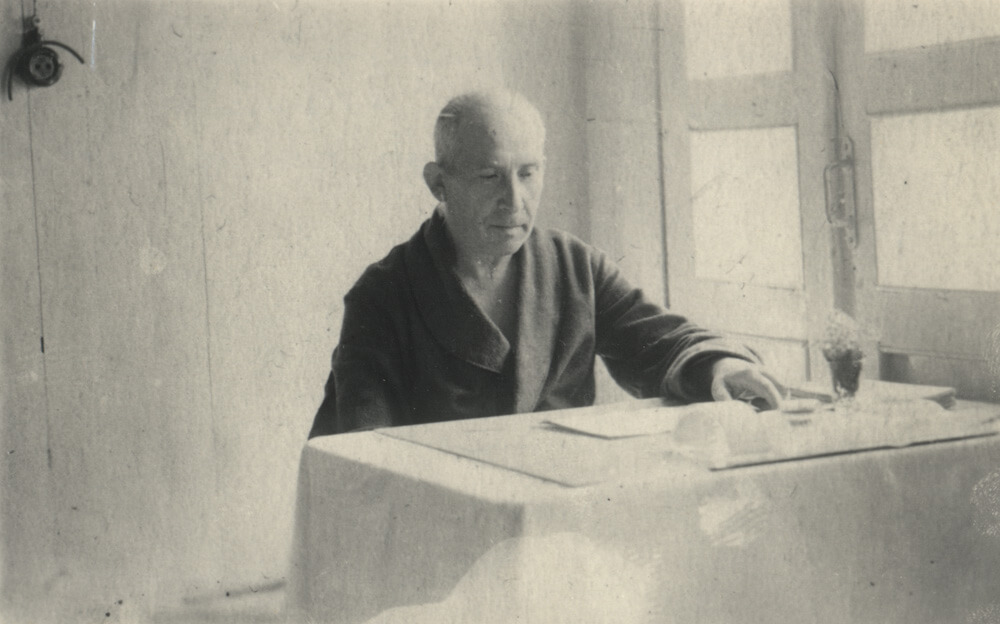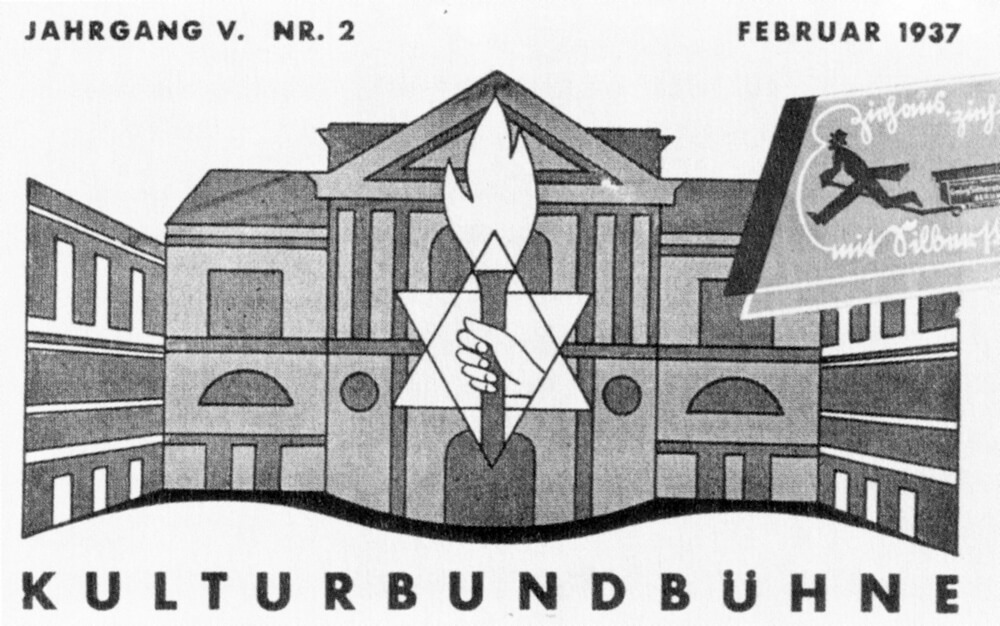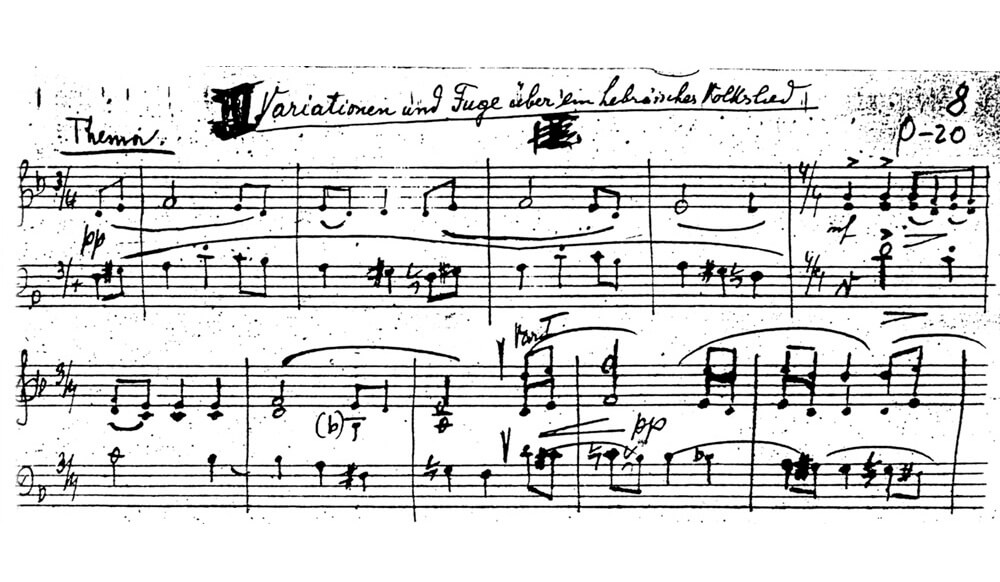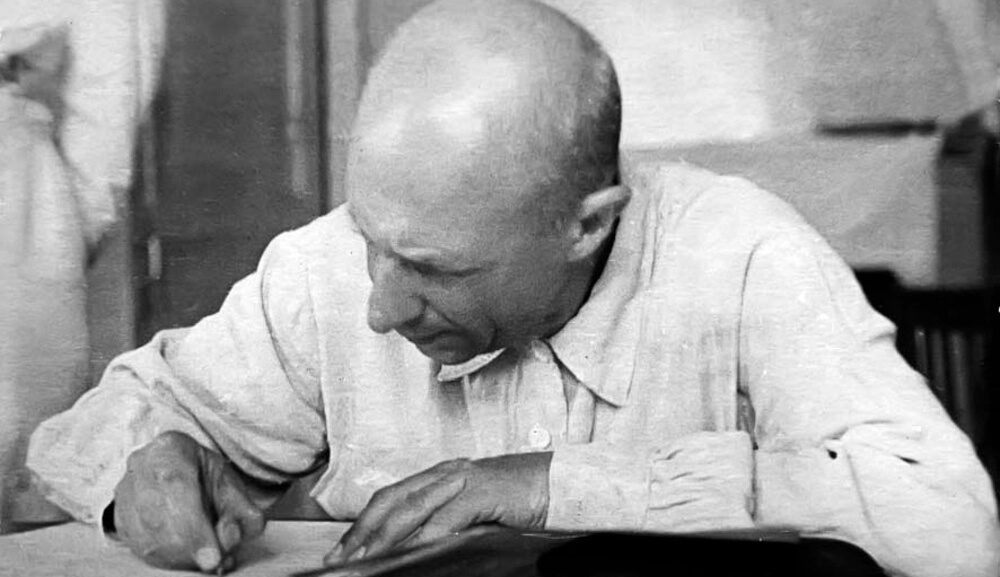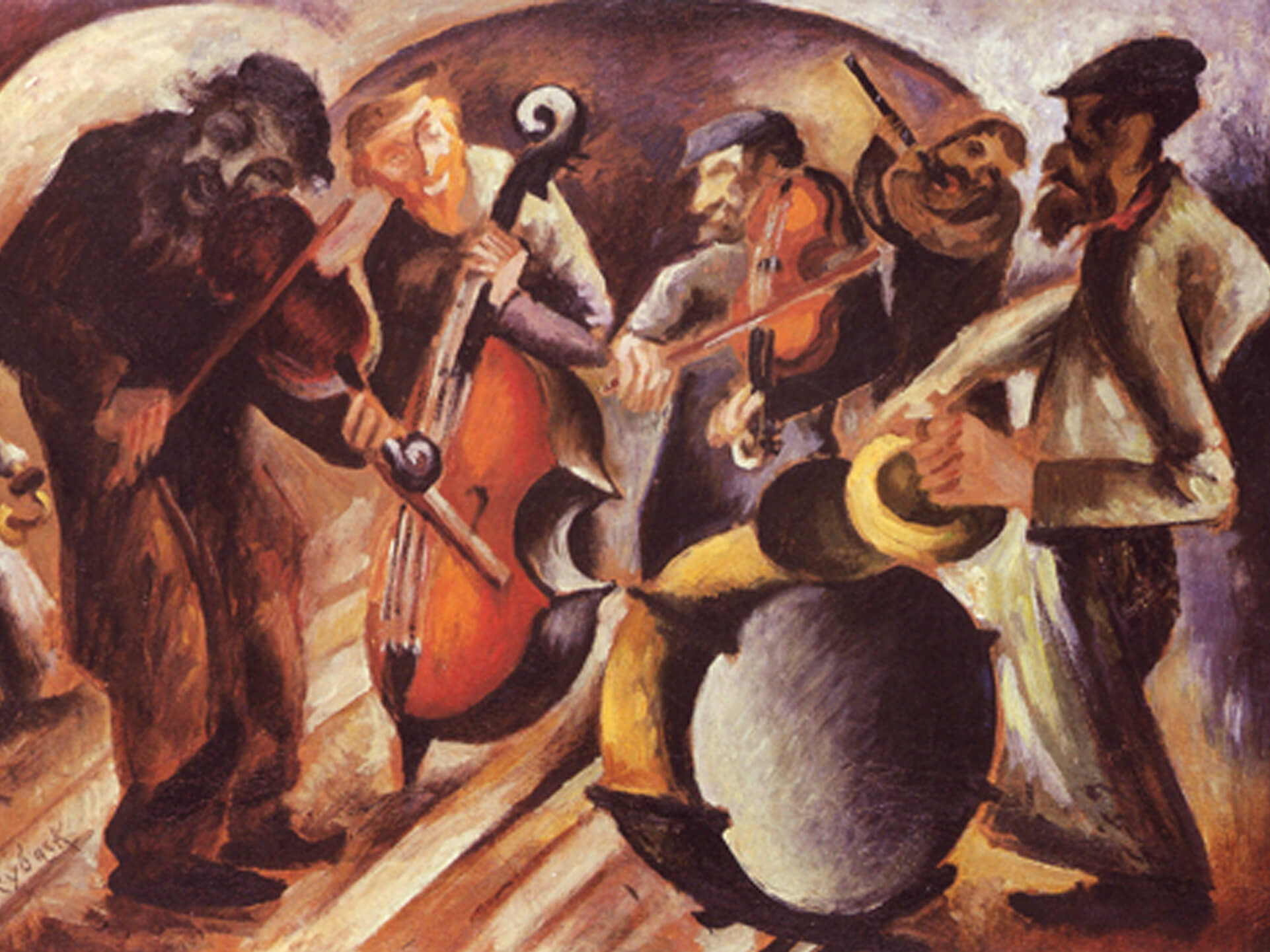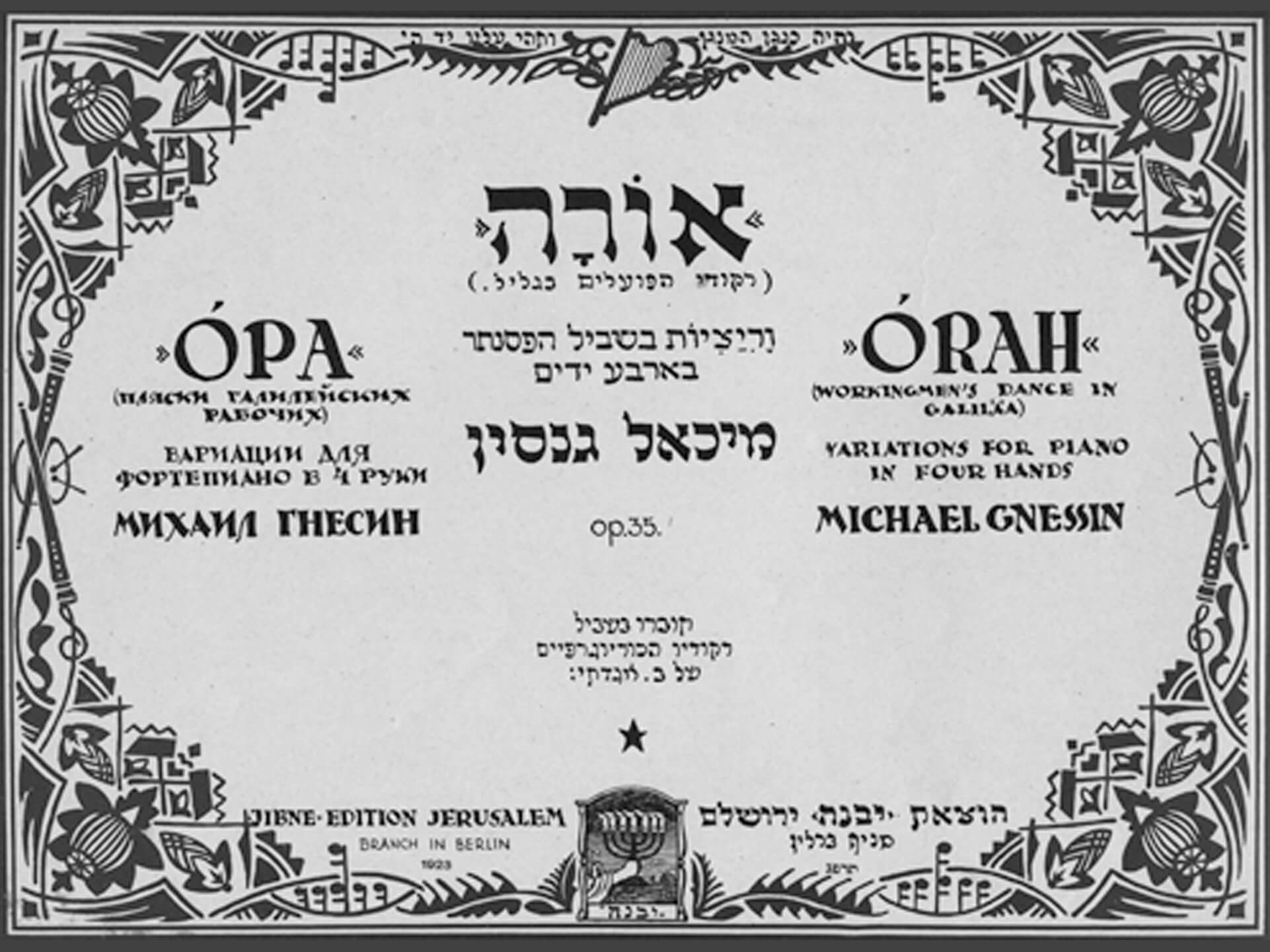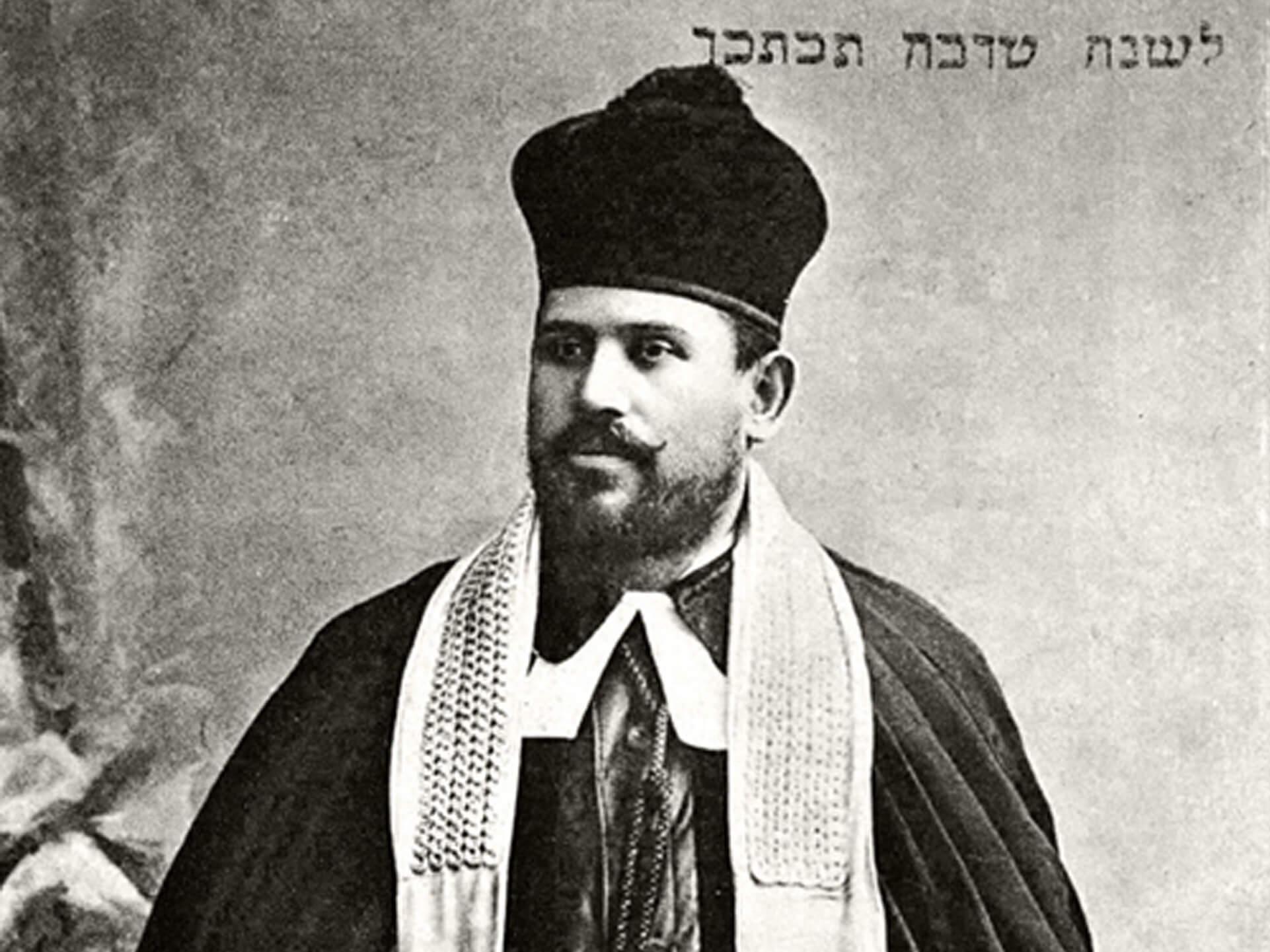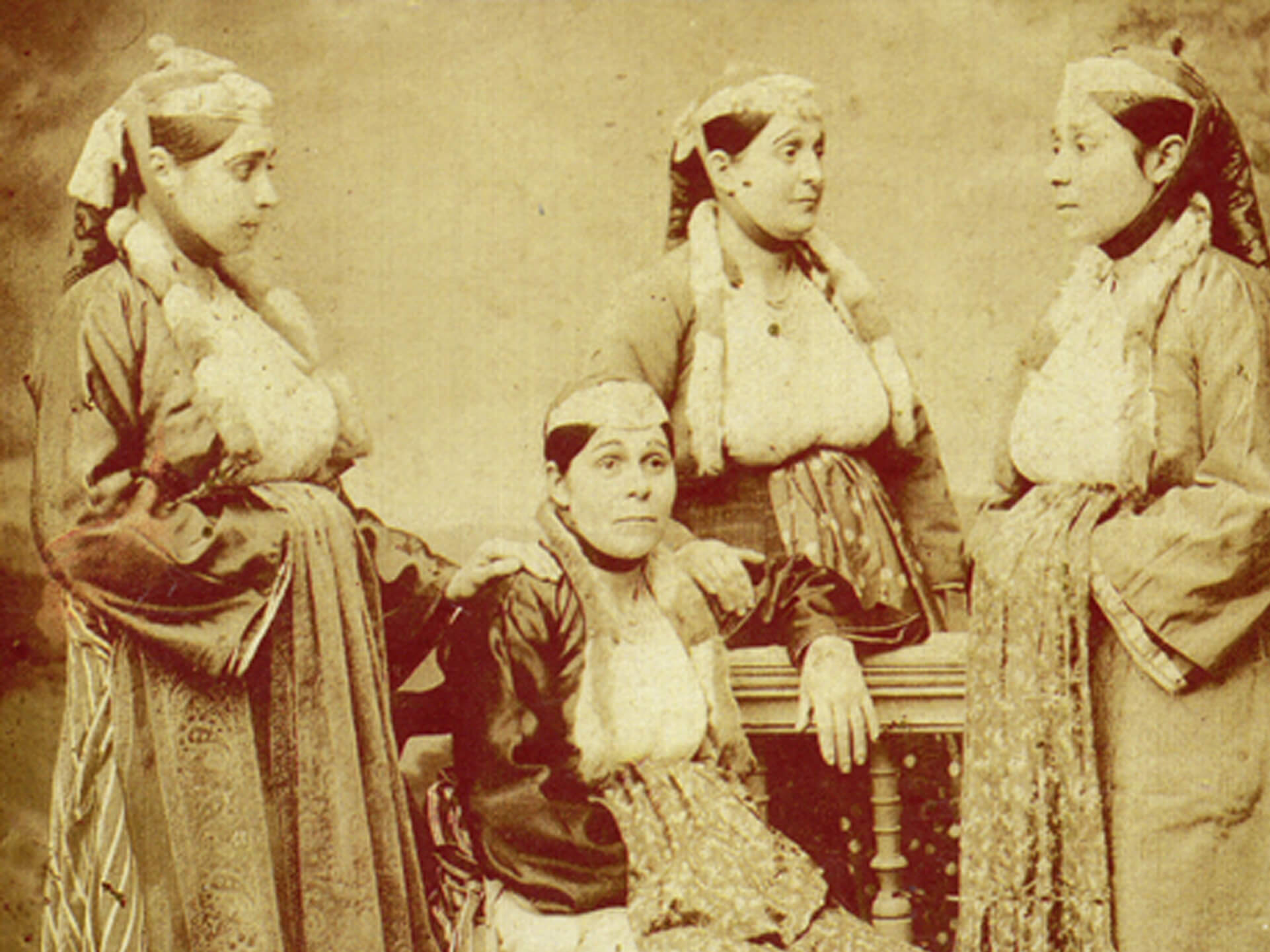Persecuted Composers under Hitler and Stalin
Since the end of the 1980s, so-called “verfemte Musik” (ostracized music) – the dissemination of which was prevented by National Socialism earlier in the 20th century – has been the subject of academic research and artistic reappraisal. In recent years, unexpected musical treasures have been unearthed – numerous previously forgotten or completely unknown compositions, whose revivals and in some cases even premieres, have enriched international musical life enormously.
The works of composers who were victims of the Stalinism have also been reappraised. These include Vsevolod Zaderatsky, Alexander Weprik, Mikhail Nosyrev and other composers who were imprisoned in the Gulag. Some Jewish composers who came to the Soviet Union to escape National Socialism, including Mieczyslaw Weinberg, were subjected to anti-Semitic persecution in the final years of the Stalin era.
Although the struggle for physical survival should have absorbed all the energy of the persecuted musicians, many of them still found strength for creative activity. For them, composing meant preserving their own humanity despite the inhumane conditions, and was therefore a form of spiritual resistance. Thus, an intensive cultural life developed in the ghetto of Terezín (Theresienstadt) in the years 1942-44, to which Jewish composers such as Viktor Ullmann, Gideon Klein, Hans Krasa and Pavel Haas also contributed. “It should be emphasized … that we were by no means merely sitting by Babylon’s rivers lamenting, and that our cultural will was consistent with our will to live,” wrote Viktor Ullmann in 1944, a few months before his death in the gas chamber in Auschwitz.
Also remarkable is the story of Vsevolod Zaderatsky, who composed a cycle of “24 Preludes and Fugues” for piano in a labor camp in the Kolyma region in north-eastern Siberia in the years 1937-1939. Under the most difficult living conditions imaginable, and without a musical instrument or music paper – and also without much hope of survival – Zaderatsky created an enormous work, the first composition of this kind in the 20th century, which he partly notated on blank telegram forms. This cycle is not only unique because of its special history; it is also a true masterpiece, a composition of the highest artistic qualities , which is characterized by an original combination of the baroque tradition with modern music. Jascha Nemtsov played the world premiere of the complete cycle “24 Preludes and Fugues” by Vsevolod Zaderatsky at the festival in Gorisch in 2015. He was awarded the OPUS KLASSIK prize in 2018 for his five CDs with piano works by Zaderatsky.
As early as 1993, just a few months after moving to Germany, Jascha Nemtsov began to champion the work of persecuted and unjustly forgotten composers both artistically and academically. The initial impetus for this was an encounter with the musicologist Beate Schröder-Nauenburg (1946–2007), who involved Nemtsov in a concert project with works by composers from Terezín. The subject never left him. The names of several persecuted composers have become part of today’s musical life thanks to his research. These include Jakob Schönberg, Juliusz Wolfsohn, Hans Heller, Alexander Weprik, Matvey Gozenpud, Evgeniya Yakhnina and other composers whose works were rediscovered, performed and recorded on CDs by Nemtsov for the first time.
His musicological publications are also largely dedicated to this subject. In his monographs “German-Jewish identity and the struggle for survival: Jewish composers in Berlin during the Nazi era” and “Twice expelled: German-Jewish composers from Eastern Europe in Palestine/Israel”, for example, he presented the results of his many years of intensive archival work. These two publications contain biographies of a total of ten important German-Jewish composers, which Nemtsov was able to reconstruct for the first time on the basis of archive documents. The composers are: Arno Nadel, Oskar Guttmann, Alfred Goodman, Jakob Schönberg, Werner Seelig-Bass, Karl Wiener, Israel Brandmann, Marc Lavry, Joachim Stutschewsky and Chemjo Winawer.


